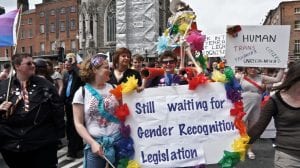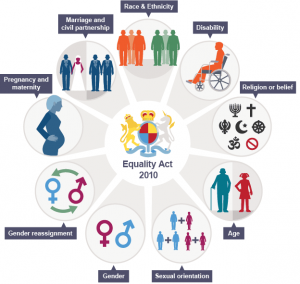By Prof Steven Greer, Professor of Human Rights (University of Bristol Law School)
According to a recent report by a cross-party group of MPs, ‘Islamophobia is rooted in racism and is a type of racism that targets expressions of Muslimness or perceived Muslimness’. This definition has, however, been rejected by the government and criticised by others[1] not least on the grounds that, although Islamophobia coincides with racism in certain contexts, this is not always the case. Understanding the differences and similarities between various kinds of social prejudice is important not only for intellectual reasons, but also because a lack of clarity may militate against tackling them effectively.
In the popular sense, ‘race’/‘ethnicity’ involves shared physical identity (particularly skin colour and facial features), plus assumptions about kinship and origins more often imagined than real. Standard components of ‘racism’, typically based on myth, caricature and stereotype, generally include the belief that races possess distinct and inherent characteristics including social practices, the sense that one’s own race is superior to most if not all others, and express or implicit prejudice against people of races apart from one’s own.
‘Islamophobia’ generally refers to irrational antagonism towards Islam and/or Muslims also typically based on myth, caricature and misleading stereotype. Strictly speaking, a ‘phobia’ is a clinically observable anxiety disorder defined by recurrent and excessive fear of an object or situation. The term has, however, been extended to include individual and collective hostility towards minorities such as homosexuals (homophobia), foreigners (xenophobia) and Islam/Muslims (Islamophobia).
Racial and anti-Muslim discrimination can clearly overlap, particularly in England and Wales where over 90% of Muslims are non-white. (more…)






